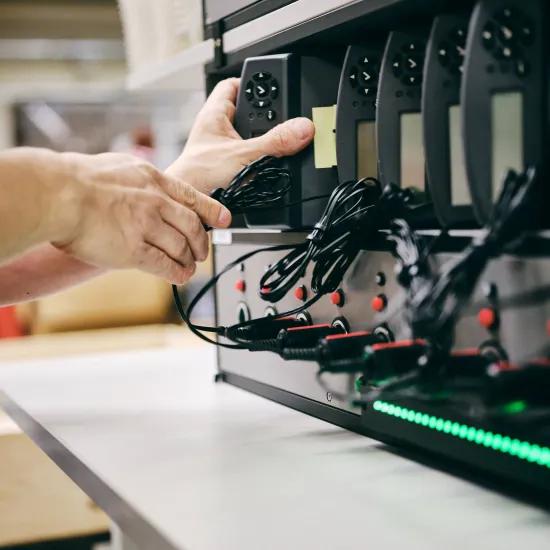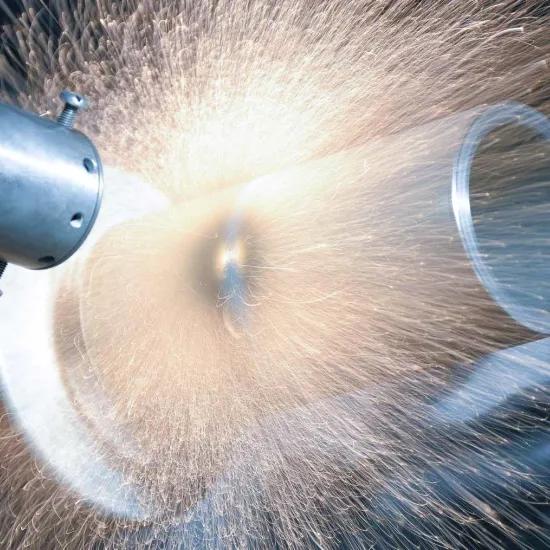Product life extension thanks to repairs and upgrades by custom work companies
Can steps in product repair and upgrade be taken over by social enterprises for customised work? We are looking for the keys to success in such collaborations and present the case of the refurbishing of modems and other devices for Telenet by custom work company Vlotter.
Repairing and giving a second life to industrial products composed of many parts involves quite some steps.
First, you need to collect the products after their useful life, then inspect them and repair where necessary, test and validate them for reuse before finally selling them again.
Some of these steps can be carried out by custom work companies. This happens quite rarely at the moment. We want to investigate why this is the case, and to identify the success factors for successful collaboration by examining and analysing the cases in which it does succeed. We are now launching this analysis and would greatly appreciate your help!
We are looking for striking examples where custom work companies are involved in inspecting, testing, cleaning, repairing, upgrading, and redistributing (preferably more complex) products.
Our initial search has already uncovered some cases. We expect that there are many more. Do you want to share your success story? Please let us know so that we can also describe your case and draw lessons from it!
This case teaches us how refurbishing modems and other products from Flemish television, internet and telephony provider Telenet significantly extends the lifespan of these devices.
Product and method of life extension
What? Refurbishing all Telenet products that consumers physically have in their homes to extend their lifespan.
Telenet has an ambitious TRR (Testing, Refurbishing and Repair) programme. It also decided years ago not to simply replace old modems with new ones.
Social enterprise activity
The partnership with custom work company Vlotter dates back to 2008. Vlotter performs two tasks for Telenet.
For its first task, Vlotter receives about 1 million devices per year that are returned via retail or service technicians. These are all devices that are physically placed in consumers' homes.
The appliances are sorted. Depending their condition, they are scrapped, sent back to the OEM for warranty treatment, or directed to testing and refurbishing, which is Vlotter's second main task. Each device is also scanned so that Telenet's ERP system accurately tracks the number of products in circulation.
Vlotter’s second task is refurbishing. Appliances that pass testing without defects are cleaned, packaged, labelled, and prepared for reuse. This process runs so efficiently that products handled by Vlotter are considered more reliable and have a better reputation among Telenet technicians and installers than new models.
In 2022 alone, this approach helped Telenet avoid 483 tonnes of electronic waste and the associated costs of new purchases.
Success factors
- The commitment to professional collaborate on the long term, evolving from getting acquainted through co-creation to a strategic partnership.
- A higher profit by avoiding expensive waste disposal and the postponement of purchasing new products.
- Common goals in social economy and employment, thus putting into practice a strong sustainability vision, focusing on business, environment and people.
Read more about Vlotter's approach.
Are you looking for information or inspiration on managing the complexity of product lifecycle extension within custom work companies?





